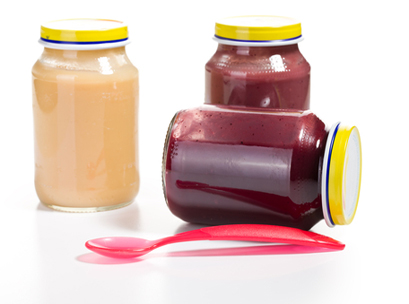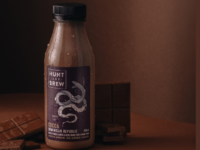 The younger the parents, the more likely they are to purchase packaged baby food for their infants, new research conducted by Roy Morgan has found.
The younger the parents, the more likely they are to purchase packaged baby food for their infants, new research conducted by Roy Morgan has found.
More than 2000 parents were surveyed in the nation wide study which found that 26 per cent of parents aged 24 and under buy baby food in an average four week period, as opposed to to 22 per cent of 25 to 34 year olds, and just 19 per cent of those 35 and over.
Of course, younger parents are less likely than older ones to already have other children.
Consequently, first born babies are the most likely to be dining from a tin, jar or pouch, with 25 per cent of their parents buying baby food in an average four weeks.
“People having their first child at 40 will often make very different parenting and purchasing choices than those having their baby at 20, or those having their third at 40,” Norman Morris, communications director, Roy Morgan Reserach, said.
He also offers advice to the retailing sector about how they can cater to this evolving demographic.
“With many Australians deferring baby-making until later in life, the very idea of an ‘average parent’ is changing and fragmenting. Manufacturers and retailers of baby products, from food and milk formula to clothes and furniture, as well as childcare providers, large employers and Government agencies, need to make sure they fully understand and keep track of parenting trends.”
% of parents (by age group) with children 0-2 who buy baby food
Source: Roy Morgan Single Source (Australia), April 2013 – March 2015 n=1,851 Australians 14+ who are parents of children aged 0-2 in the home.
















